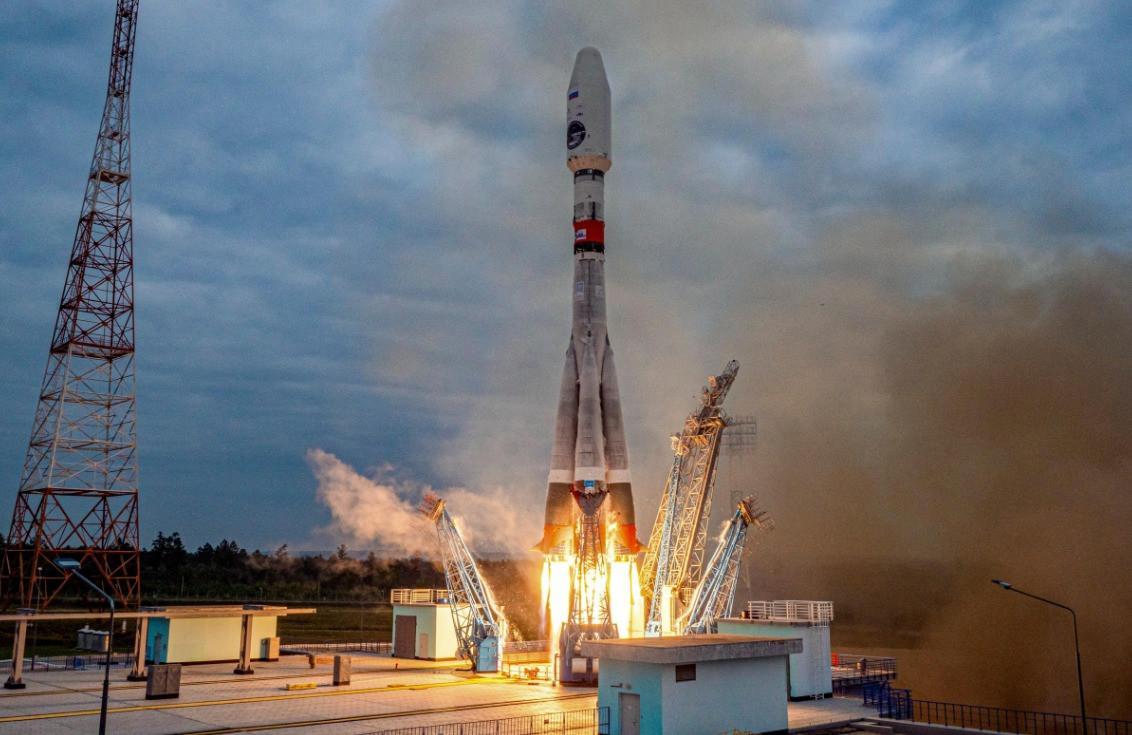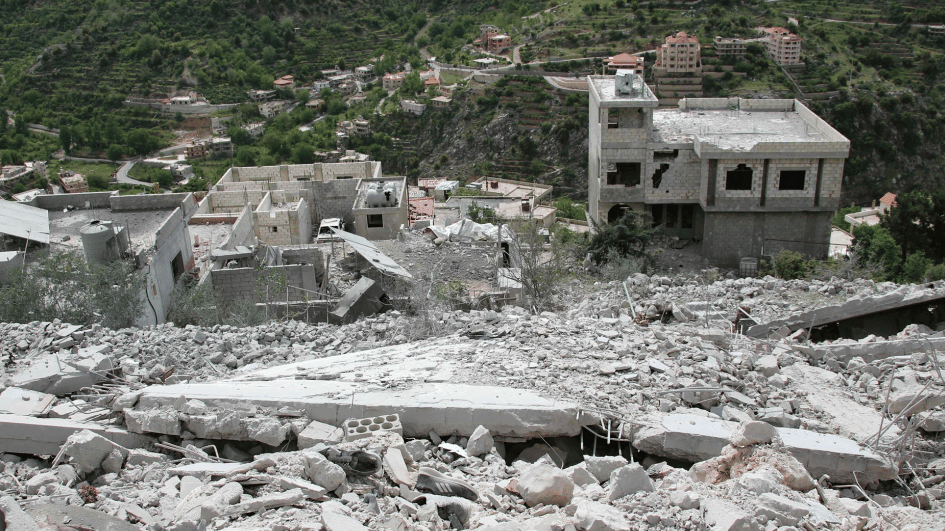Russia's Luna-25 probe crashes on the Moon
MOSCOW

Russia's first Moon mission in almost 50 years, the Luna-25 probe, has crashed on the Moon's surface after an unspecified incident during pre-landing maneuvers, the Russian space agency Roscosmos said on Aug. 20.
The crash comes almost a year and a half into Russia's Ukraine offensive that has seen Moscow isolated, with punishing sanctions that have affected its space industry.
The failed mission comes as several companies and nations have entered a Moon race, and put a spotlight on the Russian space sector's troubles - from corruption to lack of innovation and partnerships.
Communication with Luna-25 was lost at 2:57 p.m. on Aug. 19, Roscosmos said.
According to preliminary findings, the lander "has ceased to exist following a collision with the Moon's surface.”
"Measures taken on Aug. 19 and 20 to locate the craft and make contact with it were unsuccessful," the space agency added.
It said a ministerial investigation would be opened into the exact causes of the crash, without giving any indication of what technical problems might have occurred.
With Luna-25, Moscow had hoped to build on the legacy of its Soviet-era Luna program, marking a return to independent Moon exploration in the face of financial troubles and corruption scandals at the program and growing isolation from the West.
Valery Yegorov, a former researcher with Russia's space program who now lives in exile, said the crash would severely affect Roscosmos's future missions, with the next one not planned until 2028 or "even later.”
He suggested the probe's failure was linked to electronic problems, possibly resulting from Western sanctions on Moscow.
The Luna-25 launch was postponed several times in the last five years, Yegorov said, "because of sanctions imposed on Russia in response to seizing Crimea.”
"Science, fundamental research, some kind of humanistic ideas about space colonization, about revealing the secrets of the universe, are clearly not a priority right now," said Yegorov, who has denounced the Kremlin's Ukraine offensive.
The 800-kilogramme Luna-25 probe was to have made a soft landing on Aug. 21 on the Moon's south pole - which would have been a historic first.
Russia has not attempted to land on a celestial body since 1989, when the Soviet Union's Phobos 2 probe to explore the moons of Mars failed after an onboard computer malfunction.
Landing Luna-25 successfully would have paved the way for further Russian missions to the Moon, at a time when India and China are launching their own probes and the United States returns to manned missions.
















